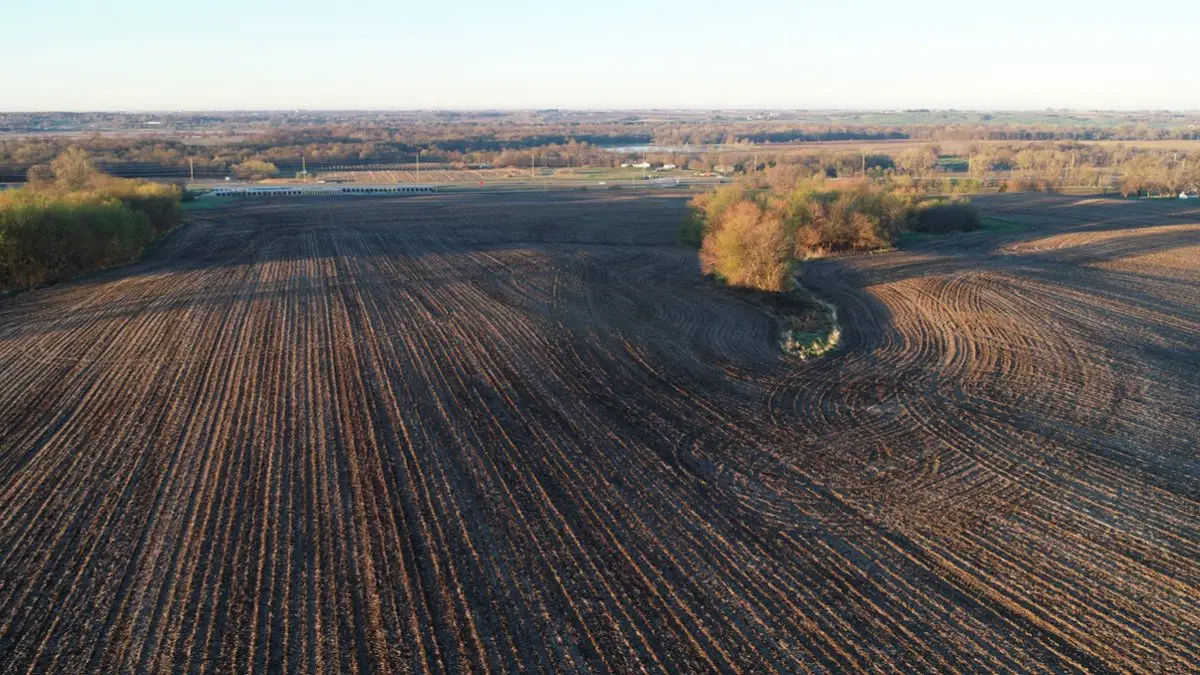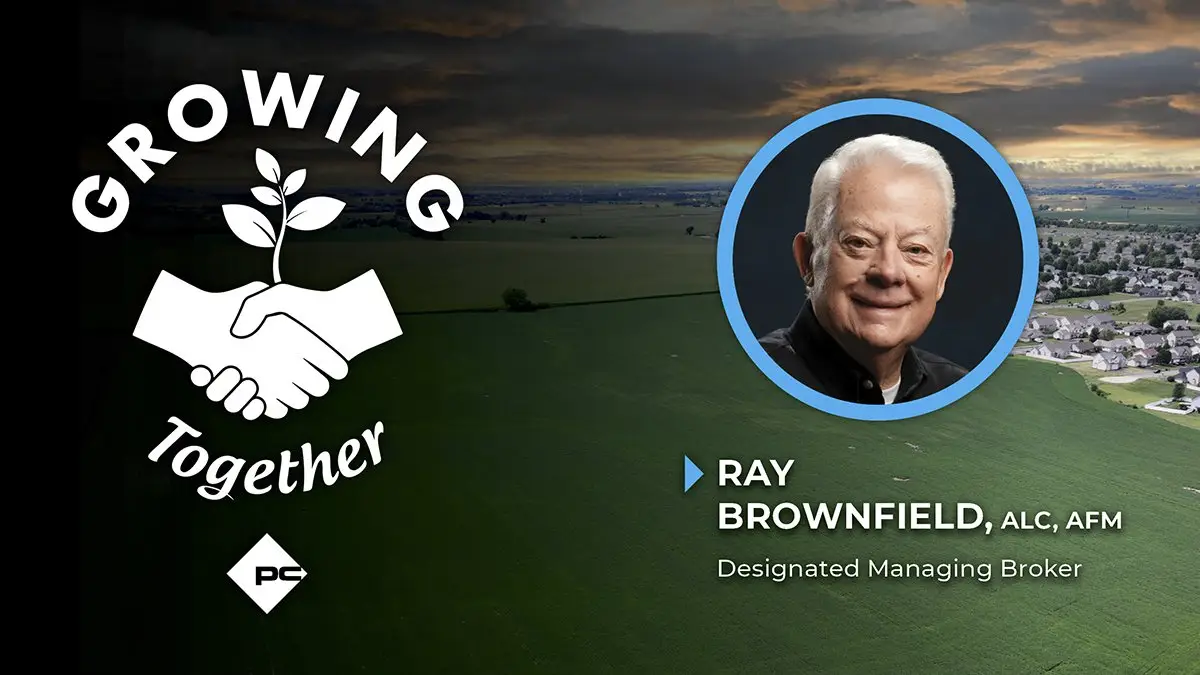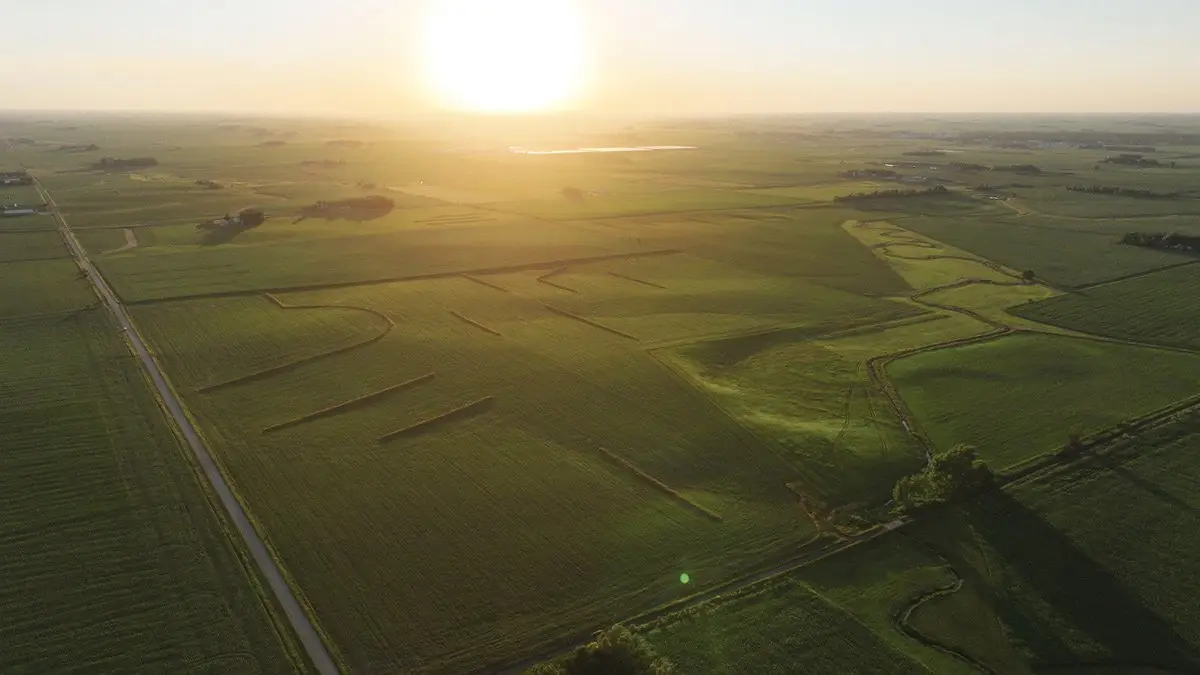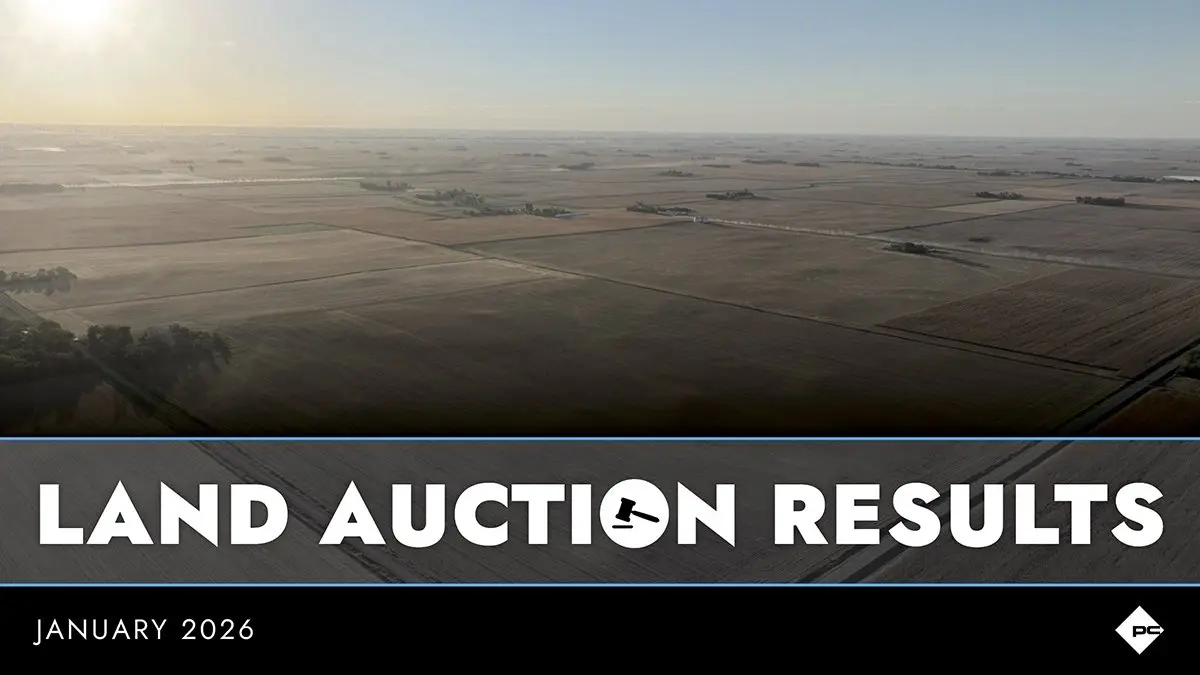Louisiana is renowned for its rich culture, extensive agricultural opportunities, and diverse wildlife. Bountiful and diverse wildlife populations offer unique recreational hunting opportunities, which is the exact reason that Louisiana is referred to as the “Sportsman’s Paradise.” This article centers on Louisiana duck hunting, but waterfowl hunting is a very popular pastime across the country, particularly in the other Delta states of Arkansas, Mississippi, and Tennessee. Louisiana is covered in wetlands, bayous, marshes, and agricultural fields, offering an ideal habitat for a variety of waterfowl species, and making it a paradise for hunters and conservationists alike. Hunting, fishing, and general recreational enjoyment of the outdoors are synonymous with Louisiana living. When it comes to hunting, duck hunting remains supreme in the eyes of many who call themselves hunters in the state. Duck hunting also goes hand-in-hand with agriculture, providing an income-producing use for farmland in the off-season and supporting wildlife conservation efforts in the state. Waterfowl hunting is woven into the history of Louisiana, and it continues to be a strong cultural practice, providing enjoyment and income for many.
The most essential part of a successful duck hunting operation is the establishment and execution of a hunting lease. A duck hunting lease is a formal, written, and signed agreement between a landowner and hunter, allowing the latter to access and utilize the land for hunting purposes in exchange for a fee. Hunting leases can be mutually beneficial for the landowner and hunter, providing additional revenue for the landowner and exclusive access and improved hunting experiences for hunters. Lease agreements typically outline the terms and conditions of the hunting agreement, including the duration, permitted activities, and any additional rules or restrictions. Clear communication and mutual understanding between both parties are essential to ensure a successful arrangement. The rental fee structure can vary depending on factors such as location, game availability, and amenities provided. It's highly important to conduct thorough market research to determine fair and competitive duck hunting lease rental rates. It is essential to enlist the services of a lawyer to review the lease language and ensure that the terms abide by state and federal regulations. Additionally, it is a necessity to have the lawyer make sure to include or review language to ensure that the landowner is covered from a liability standpoint and otherwise. Liability and insurance considerations are essential aspects of hunting lease agreements. Liability insurance is crucial for both landowners and hunters to protect against potential accidents or damage that may occur during the lease period. Written permission and liability waivers establish legal protection for all parties involved. Land management and conservation practices should also be included within the hunting lease language to maintain and enhance wildlife habitats, as well as the responsibility of hunters to adhere to ethical hunting practices and respect the land. Overall, a duck hunting lease should emphasize the importance of clear communication, legal protection, and responsible hunting practices. It is the responsibility of the land manager to make sure that all these essential items are effectively addressed in a landowner’s hunting leases.

Farming and hunting complement one another, rotating seasons with no overlap and providing a constant use for the land that provides both practices the environment to flourish. Farming and hunting rely on one another to support animal conservation, sustainable land practices, and sustainable suppression of certain weed systems harmful to farming success. A drive through rural Louisiana exposes duck hunting blinds dotted throughout farm fields as far as the eye can see. Rice farms provide a particularly perfect environment for duck hunting. Farmland that is conducive to rice farming is generally comprised of “heavier” dirt, which carries a tighter compaction structure and less permeability.
This provides a more stable environment for holding water for long periods. Duck hunting requires that large areas of land be flooded with water to attract ducks, so heavy ground is ideal. Flooded rice fields provide an ideal setting for hunting, as they mimic natural wetland habitats and attract waterfowl seeking food and shelter. As soon as the rice harvest occurs, many hunters, landowners, and land managers begin to prepare the property for duck hunting season. This preparation includes cleaning out and prepping duck blinds, which often brings about the removal of an array of critters such as snakes, an array of vermin, and an occasional alligator. Blinds are then covered in camouflaging. Traditionally, duck blinds consist of large metal structures where the ground is dug out and the structure is placed strategically inside of a field in a high spot with water flooded around it. Alternatively, floating blinds can be placed in reservoirs or naturally flooded waterways, such as bayous, lakes, or rivers.
Louisiana's unique geography provides a thriving ecosystem for a wide range of waterfowl species. Ducks, geese, and other waterfowl make their way to the state during the fall and winter months, creating prime hunting opportunities for enthusiasts. The most common waterfowl species you'll find in Louisiana include mallards, teal, pintails, gadwalls, wood ducks, and snow and speckle belly geese. Goose hunting has become increasingly popular in the state in recent years, as duck populations have become increasingly scarcer. Goose hunting also doesn’t require fields to be flooded, as geese tend to flock in dry fields, making it a less expensive bird to hunt as well.
Hunters follow specific hunting regulations and often use decoys and calls to lure waterfowl to their location. This hunting technique offers both a challenging and rewarding experience for waterfowl enthusiasts while also contributing to conservation efforts by supporting habitat preservation. Louisiana follows a regulated hunting season to protect waterfowl populations. The hunting season typically opens in November and lasts through January, with specific dates and bag limits varying by species and location. In Louisiana, hunters are required to take a hunter safety course before embarking on their first hunt. After completion, a duck hunter is required to purchase a basic hunting license, a waterfowl license, and a federal duck stamp annually. Pricing for licenses varies, depending on whether the hunter is a resident or non-resident of the state. There is also the option to purchase a lifetime hunting license in Louisiana. If hunting on a national wildlife refuge, there may be additional fees or licenses necessary.

Another aspect of duck hunting culture is the procurement of the perfect retriever to carry in your kill. Hunting dogs are an essential part of duck hunting culture, providing a means of retrieval for a fallen duck that awaits you far from the warmth of your blind. An expertly trained hunting dog has his/her eyes on the prize and doesn’t allow temptation to interrupt his/her duties. A duck dog’s duties are quick retrieval without straying from the path to and from the site of the bird, the essential ability to heel and come on command, and the ability to sit still, quietly as he/she waits for another bird to fall at the hands of his/her master. It takes the right temperament and extensive training to get a dog to this level of hunting retrieval success. When selecting a duck dog, one must consider breed traits, health, temperament, and trainability. There are a few different avenues when approaching the training process of your duck dog. Some hunters train their dogs on their own, others prefer to pay to have a dog trained by professional waterfowl dog trainers, and some hunters prefer to purchase a duck dog at an older stage in life that is already fully trained before it comes home with them. If you prefer training your dog on your own, some key factors to emphasize are obedience/command training, exposure to water and decoys, retrieving drills, and socialization. Successfully training a retriever requires an investment of money, time, and consistency, but the result is an irreplaceable companion in the duck blind and a diehard friend for the tenure of the animal’s life.
Much like crawfish recipes, most Louisiana households have a special duck gumbo recipe that they hold close to the vest. Cherished game recipes have been passed down for generations in the state. Fortunately for the rice farmer, duck gumbo and wild duck in gravy pair perfectly with a steaming bowl of Louisiana-grown rice. Another popular wild duck recipe is the duck wrap, which consists of duck breast that is tenderized in a concoction and then stuffed with cream cheese and jalapenos, wrapped in bacon, drizzled with honey or pepper jelly, and roasted to perfection. There are many wild game cookbooks and websites with innumerable recipes to choose from, but it is recommended to find a local and try to charm your way into a family recipe if you have the chance.

Waterfowl hunting in Louisiana is more than just a pastime, it's a celebration of the state's rich natural heritage and a testament to the ongoing efforts to preserve its precious wetlands. The combination of abundant waterfowl, breathtaking landscapes, and a deep-rooted culture of conservation makes waterfowl hunting in Louisiana a unique and cherished tradition. A fantastic companion practice to agriculture, hunting provides a sustainable use for farmland in the off-season, a source of extra income for landowners, and a successful season complements a farmer’s harvest. Please contact Julie Boggs with Peoples Company Land Management or Thomas Boggs with Peoples Company Brokerage if you have an interest in locating a duck hunting lease or purchasing a recreational property with duck hunting potential in Louisiana.










